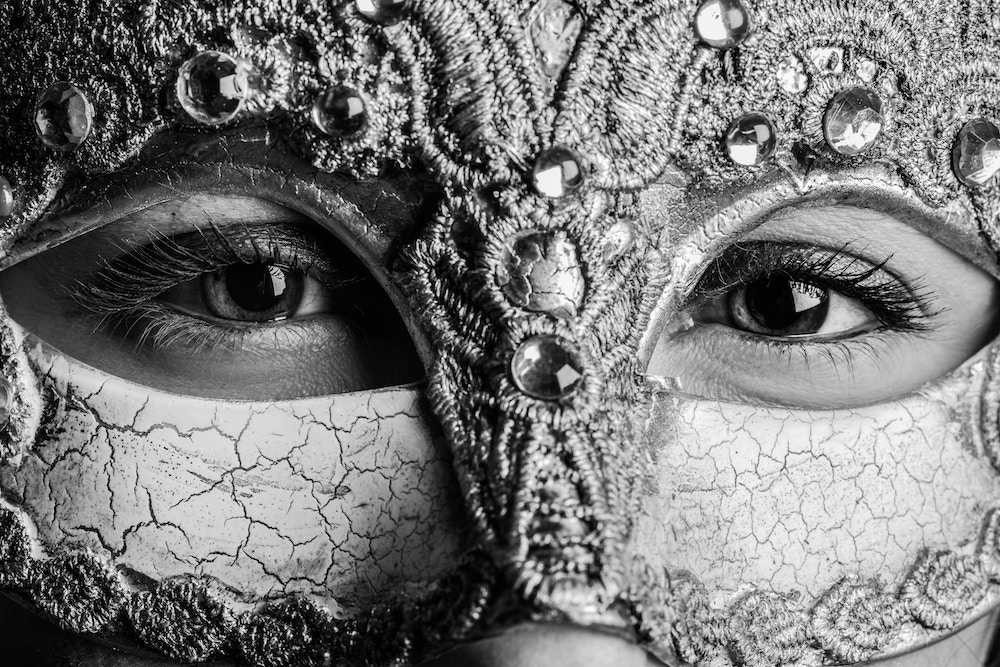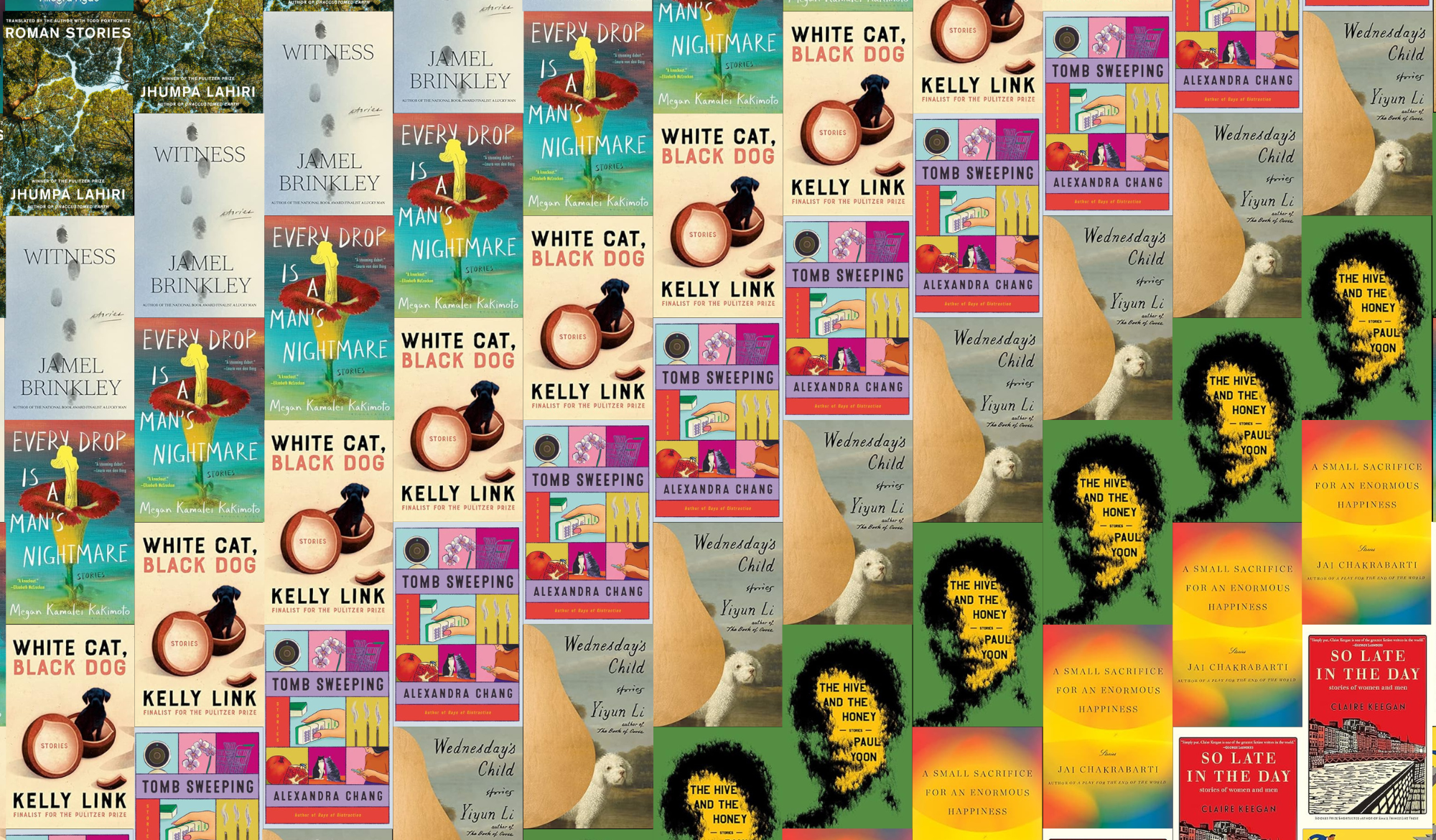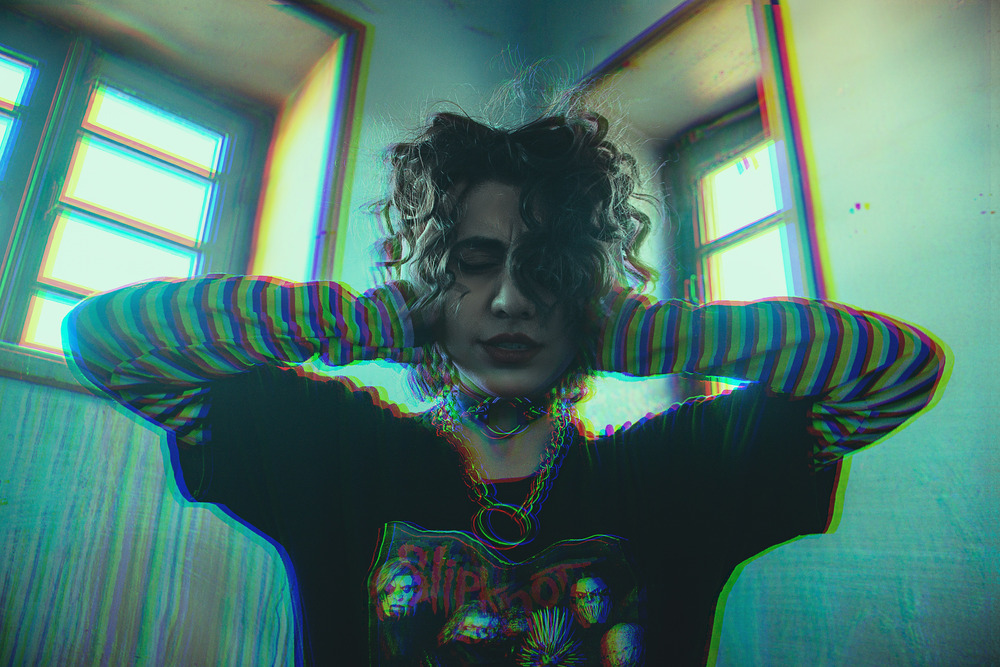Reading Lists
7 Books About Authorship Hoaxes
These fictional authors aren't who they seem to be...

Public fascination with con artists, scams, and heists has been on the rise, with stories of Anna Delvey, Rachel Dolezal, Caroline Calloway, and Elizabeth Holmes splashing across magazine covers in the last decade. Alongside it, my thirsty interest in literary scandals has grown, watered by “Bad Art Friend,” a mysterious manuscript thief, the pathological lies of an editor cum author, and the invented auteur JT LeRoy. Surely there must be fiction in this vein, I thought. We live in a literary soup of cultural appropriation, ghost writers, plagiarism, fabricated memoirs, artificial intelligence, autofiction, and nebulous influence. Who doesn’t love a juicy story about pretending to be someone you’re not in order to make art? So began my fiendish fascination with novels that dive into questions about authorship, who owns a story, what parts of life we can acceptably use to write and which are unethical (or at the very least, gauche). If there are a glut of real-life examples of scammers, surely there must be fictional tales of authorship hoaxes.
The ones I found tend to keep pace with thrillers, though the crimes were less gory, more fixated on the ever-hungry ego, and pleasurably literary. Often, these books portray adults who can’t do their own homework, pushed to the brink by their desire to succeed while their peers burst up as stars, they desperately steal the work of others. These books are less about “real talent” and more about vanity and ego that fuel people to be known as artists, rather than make great art.
Even the books in this list whose villains aren’t stealing source material (or whole manuscripts) offer an exploration of authenticity and how to deal with inevitable periods of diminished inspiration. Inherent in this plot, is a sense of mystery about where a work originates and how one can prove who owns material. Some of these take up the dangers of cult personalities and the treacherousness of fame. Others lambast broken systems (publishing, the artworld) and how creative merit fails to correspond to financial or critical success. Underneath them all sits the question: Who are you and where do you get your ideas?
A Ladder to the Sky by John Boyne
At any given reading, it seems the most common question is “Where did you get the idea for this?” John Boyne’s main character Maurice Swift is obsessed with this too, because, simply put: he is a good writer with no good ideas. After a chance encounter with famed author and Holocaust survivor Erich Ackermann, he panders to the older gay man and preys upon his loneliness, becoming an assistant of sorts, traveling with him on book tour. Over the course of the tour, he teases out a story that Erich has never shared about his time during World War II, which Maurice uses to write his first novel. As the rest of this elegantly plotted novel unfolds, we watch as Maurice continues to find new and atrocious ways to grift stories for his novels.
The Plot by Jean Hanff Korelitz
Jacob Finch Bonner had a respectable start to his publishing career but has been struggling to write a second book for far too long. When a student of his comes along that is painfully arrogant but has a brilliant idea for a book, Bonner is jealous. The plot is undeniably juicy, and it seems only a matter of time that he will be eclipsed by a student, washed up and forgotten about. But the book never comes out and Bonner eventually discovers his student died. He decides to use the plot for his own next book (chapters of Bonner’s book are interwoven with the story so readers slowly come to see what exactly this atomic plot is). This thrilling read gets even more propulsive when someone who knows Bonner stole the story starts hunting him down to pay penance.
Yellowface by R.F. Kuang
This recent release is a fast-paced and pulpy book that follows two grad school peers, June Hayward and Athena Liu, and the ways their careers diverge drastically. While Athena has become a bestseller, June’s books have never caught the attention of the media. When June witnesses Athena’s death (in a ridiculously campy scene involving choking on a pancake), she decides to steal Athena’s latest manuscript about Chinese laborers in World War I. After Athena’s death, June edits the book, and through a series of incredible maneuvers by her publishers is transformed from a white author to a racially ambiguous one rebranded as Juniper Song. Unsurprisingly, June, or Juniper is haunted by fact that someone might figure out her secret. And indeed, they do.
The Blazing World by Siri Hustvedt
Where many of these books characters are spurred by jealousy, envy, or creative blocks as their inciting incident, Siri Hustvedt’s main character Harriet (or Harry) Burden is an artist with agency who, after a career of being underrecognized, asks three male artists to exhibit her work as their own. They are her masks, there to prove the misogyny of the art world, rather than gain her fame or recognition. Of course, things don’t go as planned, but this book is a miraculous look at the power of a name, and interpretation of meaning in an era of identity politics. The book points a finger at the failures of the male-dominated artworld to truly embody gender equity.
The Book of Goose by Yiyun Li
Distinctly resonant with the dynamic of Lila and Lenu in Elena Ferrante’s Neopolitan novels, Agnes and Fabienne are two friends growing up in poverty in rural France. Fabienne loves to test the limits of her power over those around. her. She conscripts Agnes into a new game, asking her to be her scribe for a series of stories about the grim realities of their day-to-day. To complete the hoax, they use the town’s postmaster as a smokescreen to edit the book and send it to a publisher. When it becomes wildly successful, Agnes is listed as the author and is catapulted to fame, receiving all the privileges that follow, including a scholarship to a British boarding school. In many ways this is more about friendship than authorship, the tender pliability of teenage influence, and how complicated it can be to play along when we don’t understand the consequences or our desires.
Last Resort by Andrew Lipstein
The plots of these books are often vampiristic: here Caleb sucks the story off his old friend Avi and spins it into a novel that has incredible commercial potential. Caleb is caught quickly though when his agent sends it out to publishers and Avi, now an editor, forces him to strike a deal: Caleb can keep the seven figure contract money but Avi will be listed as the author. Caleb, much like Maurice and Jacob, is plagued by the beast of ambition, as he receives no acclaim when the book becomes a hit.
Girl Boy Girl by Savannah Knoop
Okay, okay, this isn’t a novel, but if you want to read about just how one of these hoaxes came to be, look no further than Savannah Knoop’s memoir about how they became the face of JT LeRoy. JT gained acclaim writing autobiographical novels about their experience as a gay child prostitute, with a meteoric rise to fame placing them neatly into social circles of the rich and famous. The thing is, JT LeRoy was a fabrication of Laura Albert, who had asked her sibling-in-law Savannah Knoop to make appearances as JT. Knoop wades into the wobbly identity shift of dressing up as a boy dressing as a girl, and what they learned from playing the part of someone else.








